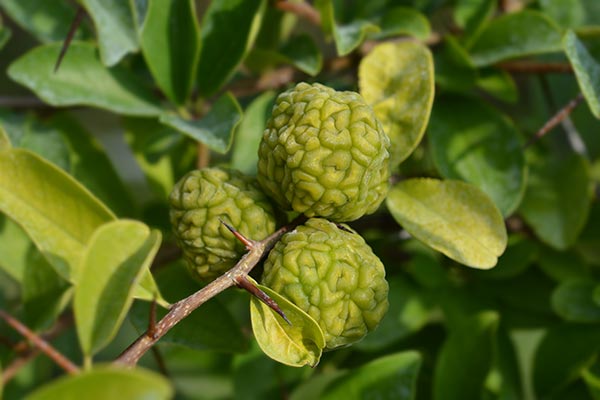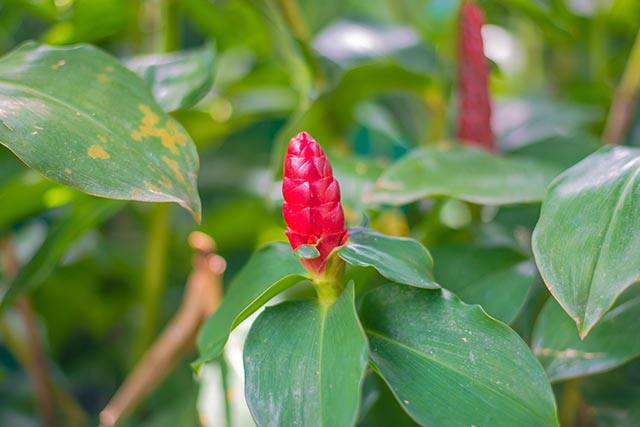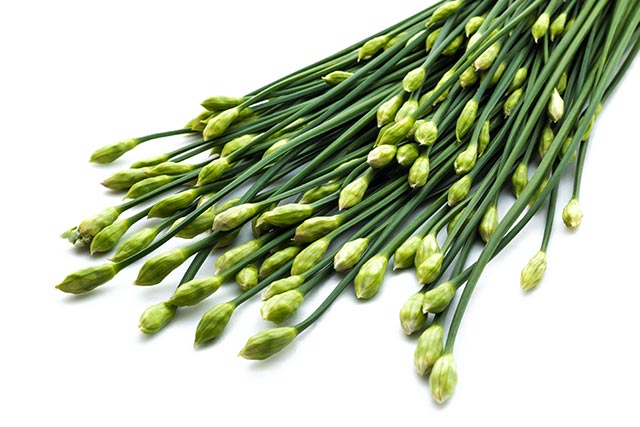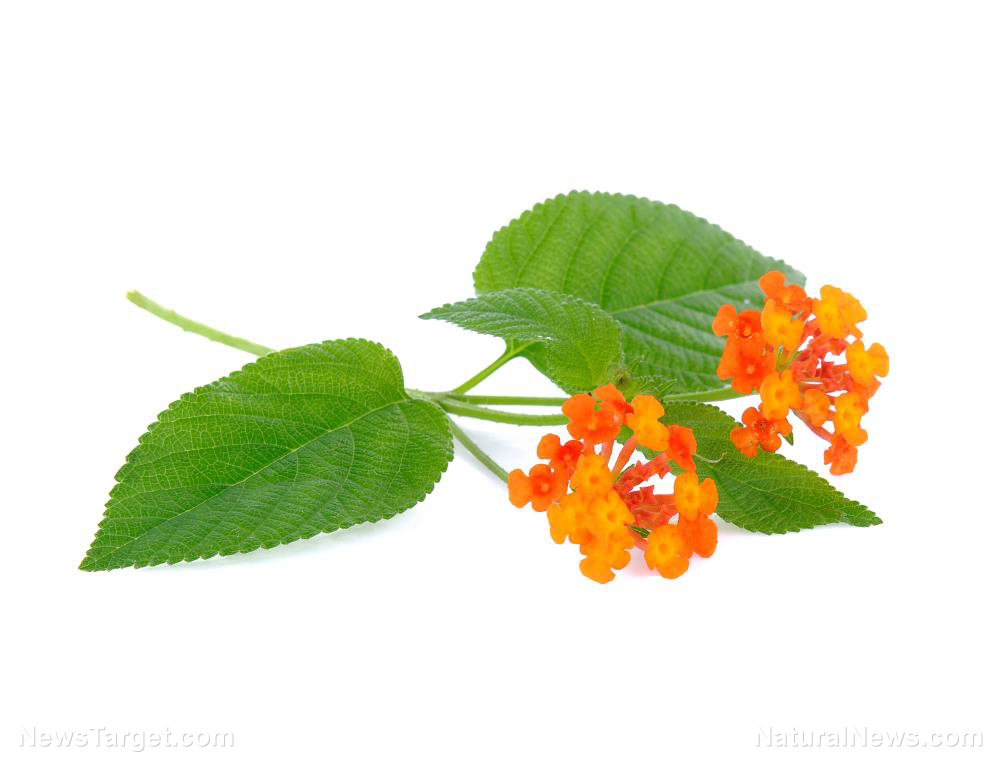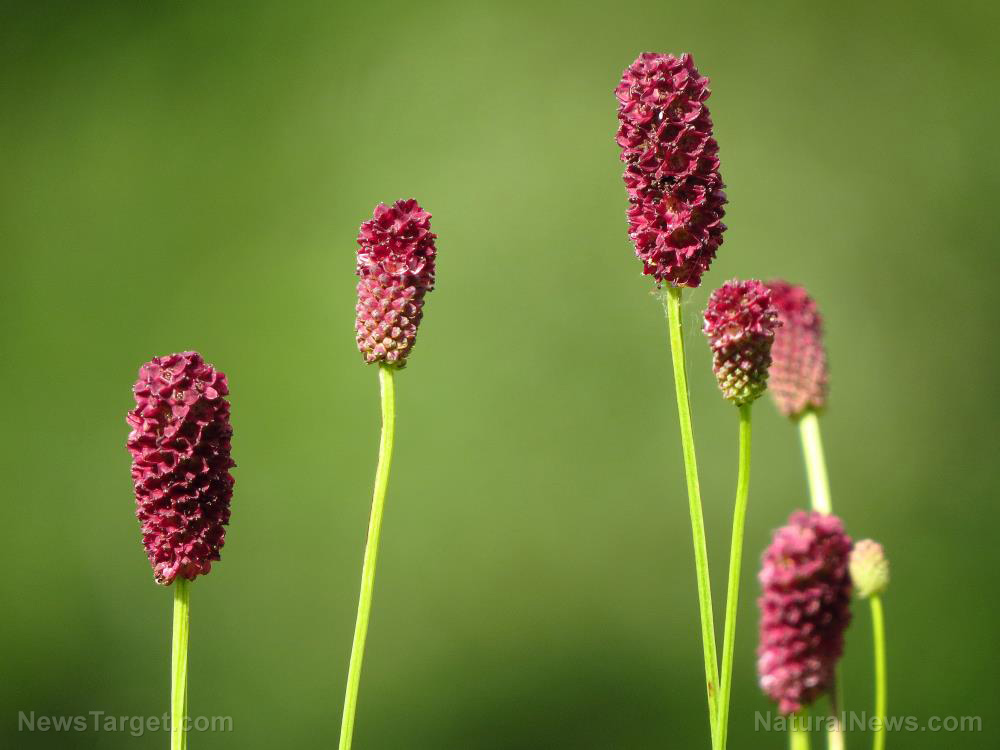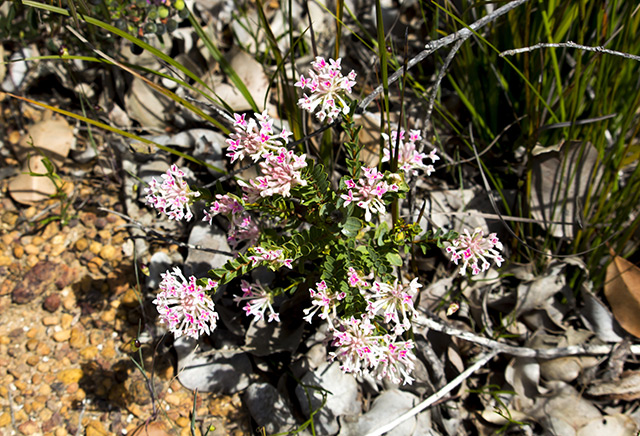Not just for coffee: Cinnamon found to have potent anti-cancer effects in latest research
06/10/2018 / By Michelle Simmons

A study published in BMC Complementary and Alternative Medicine has established that Cinnamomum cassia, or more commonly known as Chinese cinnamon, has been found to have anti-cancer effects.
The study was a collaborative effort from researchers at the National Institute of Forest Science, Andong National University, and Kyonggi University in South Korea. In particular, they took an extract from the twigs of the Chinese cinnamon, which they studied its ability to prevent cell growth and induce cell death (apoptosis) in human colorectal cancer cells. To understand the antiproliferative effect, that is, the ability to inhibit growth, of the extract – as well as the change of protein or mRNA levels – of the extract, researchers used an MTT assay to check cell activity, including a Western blot, and RT-RCR, respectively.
Based on the findings, researchers discovered that extracts derived from the twigs of the Chinese cinnamon were able to reduce the chances of human colorectal cancer cells to infiltrate other cells successfully. In particular, this was successful because the extract decreased cyclin D1 protein levels, which had a role in cell proliferation. They also found that the extract stimulated apoptosis by activating ROS-dependent NF-?B and ATF3.
The researchers then concluded that Chinese cinnamon could be used as an agent in treating colorectal cancer. “This study may support the anti-cancer property of TC-HW [C. cassia extracts] from and our data will provide the complementary and alternative use of TC-HW for cancer treatment,” they wrote.
Cinnamon and its other health benefits
In the U.S., the most common type of cinnamon sold is the cassia variety. On the other hand, Ceylon cinnamon (C. zeylanicum) is another variety of cinnamon that is more difficult to find, making it more expensive. Cinnamon is made by cutting the stems of the Cinnamomum tree, in which the inner bark is then extracted while the woody parts are removed. Upon drying, it forms strips that curl into rolls called cinnamon sticks, which can be grounded to form the cinnamon powder. The oily part of cinnamon gives its distinct smell and flavor. This part is also abundant in a compound called cinnamaldehyde. This compound is responsible for most of the beneficial effects of cinnamon. More than just a spice, cinnamon has been known for its medicinal properties for thousands of years. (Related: Chinese Cinnamon Twig Tea for Your Summer Cold.)
Listed below are some of the health benefits of cinnamon:
- It is rich in antioxidants – Cinnamon is rich with powerful antioxidants, such as polyphenols, which protect the body from oxidative stress.
- It fights inflammation – Inflammation is good for the body, but it becomes a problem when it is chronic and is directed against the body’s own tissues. Some studies suggest that the antioxidants of cinnamon have anti-inflammatory effects that may help reduce the risk of disease.
- It may lower the risk of heart problems – According to studies, cinnamon can improve cholesterol, triglycerides, and blood pressure — all of which are key risk factors for heart disease.
- It improves insulin sensitivity and lowers blood sugar levels – Cinnamon can significantly reduce insulin resistance. It can also lower blood sugar by reducing the amount of glucose that enters the bloodstream after a meal. Cinnamon also has a compound that can act on cells by imitating insulin, improving glucose uptake by cells.
- It may be beneficial on neurodegenerative diseases – Cinnamon has been shown to improve Alzheimer’s disease and Parkinson’s disease in various animal studies.
Read more news stories and studies on alternative medicine by going to AlternativeMedicine.news.
Sources include:
Tagged Under: Chinese cinnamon, Chinese medicine, cinnamomum cassia, cinnamon, cinnamon benefits, food science, Herbs, research, Spices
RECENT NEWS & ARTICLES
Herbs.News is a fact-based public education website published by Herbs News Features, LLC.
All content copyright © 2018 by Herbs News Features, LLC.
Contact Us with Tips or Corrections
All trademarks, registered trademarks and servicemarks mentioned on this site are the property of their respective owners.


